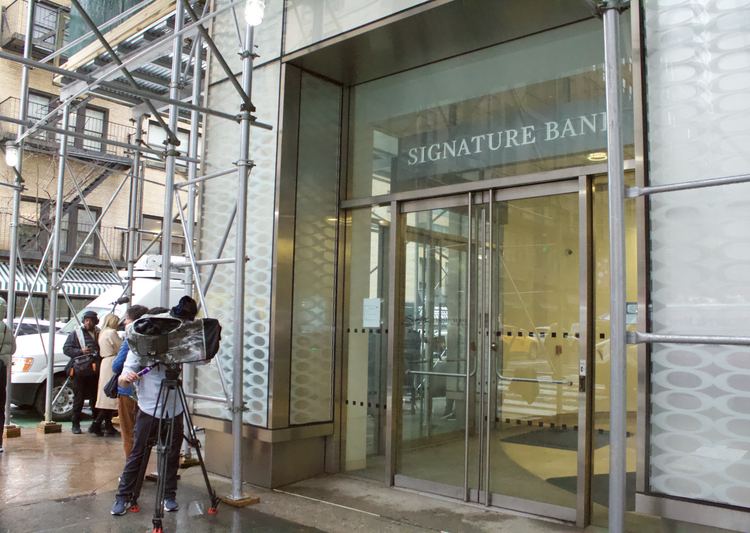Goldman Sachs Reveals Hedge Funds’ Role in Recent Market Turmoil
- Hedge funds sold Japanese stocks at their fastest pace in five years during the recent Nikkei crash
- Goldman Sachs’ prime brokerage division carried out 1.7 short sales for every long sale
- Sell off mainly driven by sales of macro products like index funds and ETFs
- Japanese stocks only marginally net sold due to liquidation of long positions
- Sharp 12.4% drawdown in the Nikkei index caused by fears of US recession, BOJ interest rates, and stronger yen
- Hedge funds’ exposure to Japanese stocks remains relatively high compared to past five years
- Market rout led to sharpest increase in trading activity through Goldman Sachs’ prime brokerage in seven weeks
Hedge funds sold Japanese stocks at their fastest pace in five years during the recent fall of the Nikkei index, according to Goldman Sachs. The analysis shows that hedge funds’ prime brokerage division carried out 1.7 short sales for every long sale between August 2 and 8. The sell-off was mainly driven by sales of macro products like index funds and exchange traded funds. Japanese stocks were only marginally net sold due to liquidation of long positions, according to Goldman Sachs’ analysis. The sharp 12.4% drawdown in the Nikkei JP:N300, caused by fears of a US recession, Bank of Japan interest rates, and a stronger yen, resulted in the largest crash since the 1987 Black Monday stock market crash. Hedge funds’ exposure to Japanese stocks decreased from year-to-date highs of 5.6% between July 26 and August 1 to slightly lower levels of 4.8% between August 2 and 8. Despite this, hedge funds’ exposure remains relatively high compared to the past five years. This follows a sharp reduction in hedge funds’ exposure during the COVID-19 pandemic from over 6% in 2020 to around 2% in 2022. The market rout also led to the sharpest increase in trading activity through Goldman Sachs’ prime brokerage in seven weeks, with all regions except North America being net sold, driven by widespread selling of macro products. Industrials, financials, and healthcare were the most net sold sectors, while consumer staples was the most net bought sector due to short covers.
Factuality Level: 8
Factuality Justification: The article provides accurate information about hedge funds selling Japanese stocks and the factors contributing to the Nikkei index fall. It is based on analysis from Goldman Sachs’ prime brokerage division and includes relevant data points such as year-to-date highs and lows of hedge fund exposure to Japanese stocks. The article also provides a breakdown of sectors affected by the selling, which adds context to the overall situation.
Noise Level: 3
Noise Justification: The article provides relevant information about hedge funds’ actions and their impact on the Japanese stock market, with evidence from Goldman Sachs analysis. It also offers insights into sectors affected by the sell-off. However, it could benefit from more context or analysis of the broader implications of these trends.
Public Companies: Goldman Sachs (GS), Nikkei (JP:N300.NK)
Key People:
Financial Relevance: Yes
Financial Markets Impacted: Japanese stock market (Nikkei index), hedge funds, individual Japanese stocks, and various sectors such as industrials, financials, healthcare, and consumer staples
Financial Rating Justification: The article discusses the impact of hedge funds selling Japanese stocks at a rapid pace during the recent fall in the Nikkei index, affecting various sectors within the market.
Presence Of Extreme Event: No
Nature Of Extreme Event: No
Impact Rating Of The Extreme Event: No
Extreme Rating Justification: There is no mention of an extreme event in the text.
Move Size: 12.4%
Sector: All
Direction: Down
Magnitude: Large
Affected Instruments: Stocks
 www.marketwatch.com
www.marketwatch.com 



